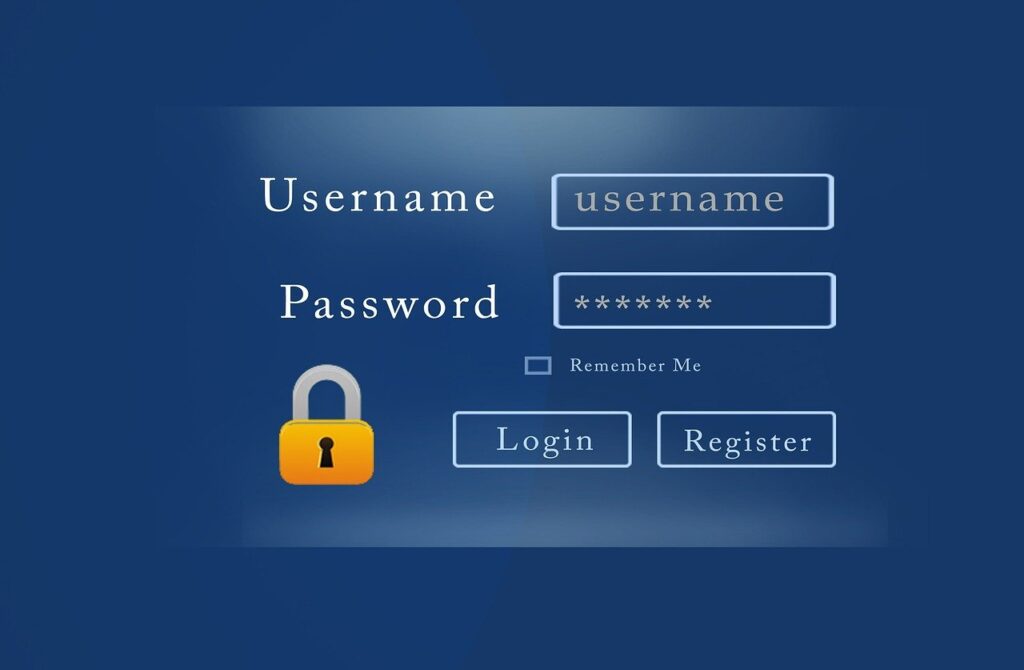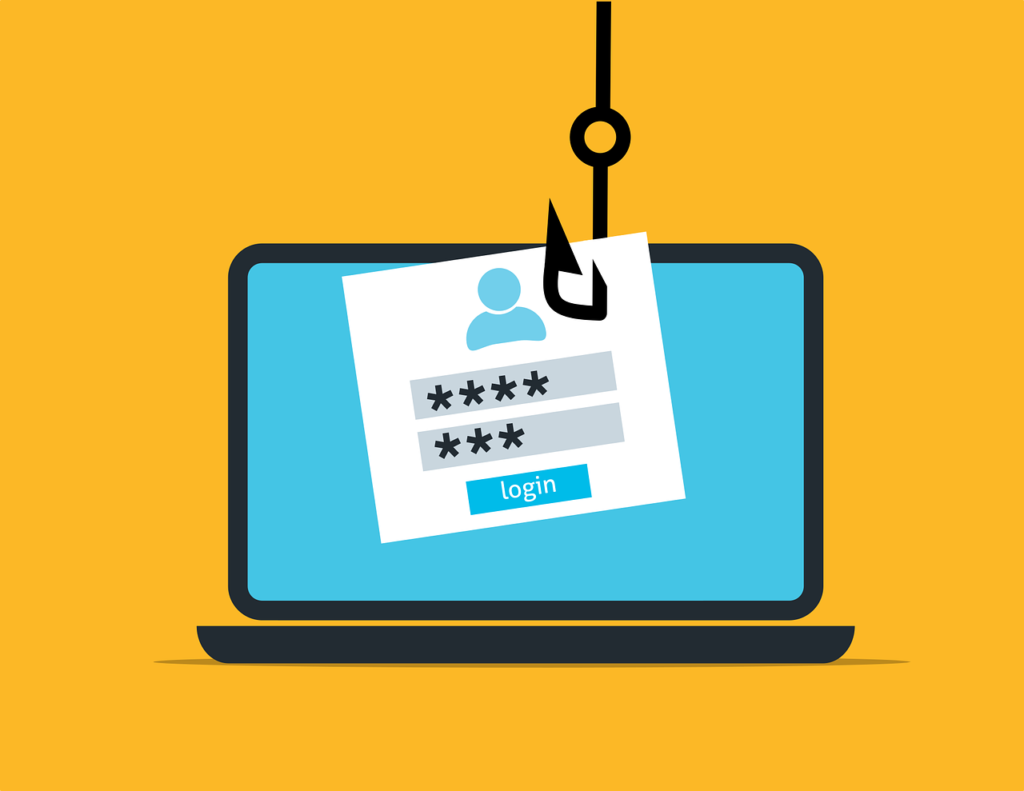
How to protect myself from Phishing?
Protecting yourself from phishing is crucial as phishing attacks aim to trick individuals into revealing sensitive information such as usernames, passwords, and financial details. Here are some tips to help you avoid falling victim to phishing:
1- Be Skeptical of Emails and Messages:
a- Be cautious about unexpected emails, especially those asking for personal or financial information.
b- Check the sender’s email address carefully. Phishers often use email addresses that mimic legitimate ones.
2- Verify the Source: If you receive an email or message requesting sensitive information, verify the legitimacy by contacting the company or person through a trusted and official communication channel.
3- Avoid Clicking on Suspicious Links:
a- Hover over links in emails to see the actual URL before clicking on them.
b- If a link seems suspicious, do not click on it. Instead, open a new browser window and manually type in the website’s address.
4- Check Website Security:
a- Look for “https://” in the URL and a padlock icon in the address bar when entering sensitive information. This indicates a secure connection.
b- Be wary of websites with misspellings or variations of well-known domain names.
5- Use Two-Factor Authentication (2FA): Enable 2FA whenever possible. This adds an extra layer of security, even if your password is compromised.
6- Keep Software Updated: Ensure that your operating system, antivirus software, and browsers are up-to-date. Updates often include security patches.
7- Educate Yourself: Stay informed about common phishing techniques and tactics. Regularly educate yourself on the latest scams and warning signs.
8- Use a Reliable Security Suite: Install reputable antivirus and anti-malware software to help protect against phishing attacks.
9- Be Cautious on Social Media: Be mindful of the information you share on social media. Phishers can use personal details to craft convincing messages.
10- Report Suspicious Emails: If you receive a phishing email, report it to your email provider. This helps them improve their filters and prevent similar emails from reaching others.
11- Trust Your Instincts: If something feels off or too good to be true, it probably is. Trust your instincts and investigate further before taking any action.
By staying vigilant and adopting these practices, you can significantly reduce the risk of falling victim to phishing attacks. Regularly updating your knowledge on cybersecurity best practices is essential in the ever-evolving landscape of online threats



